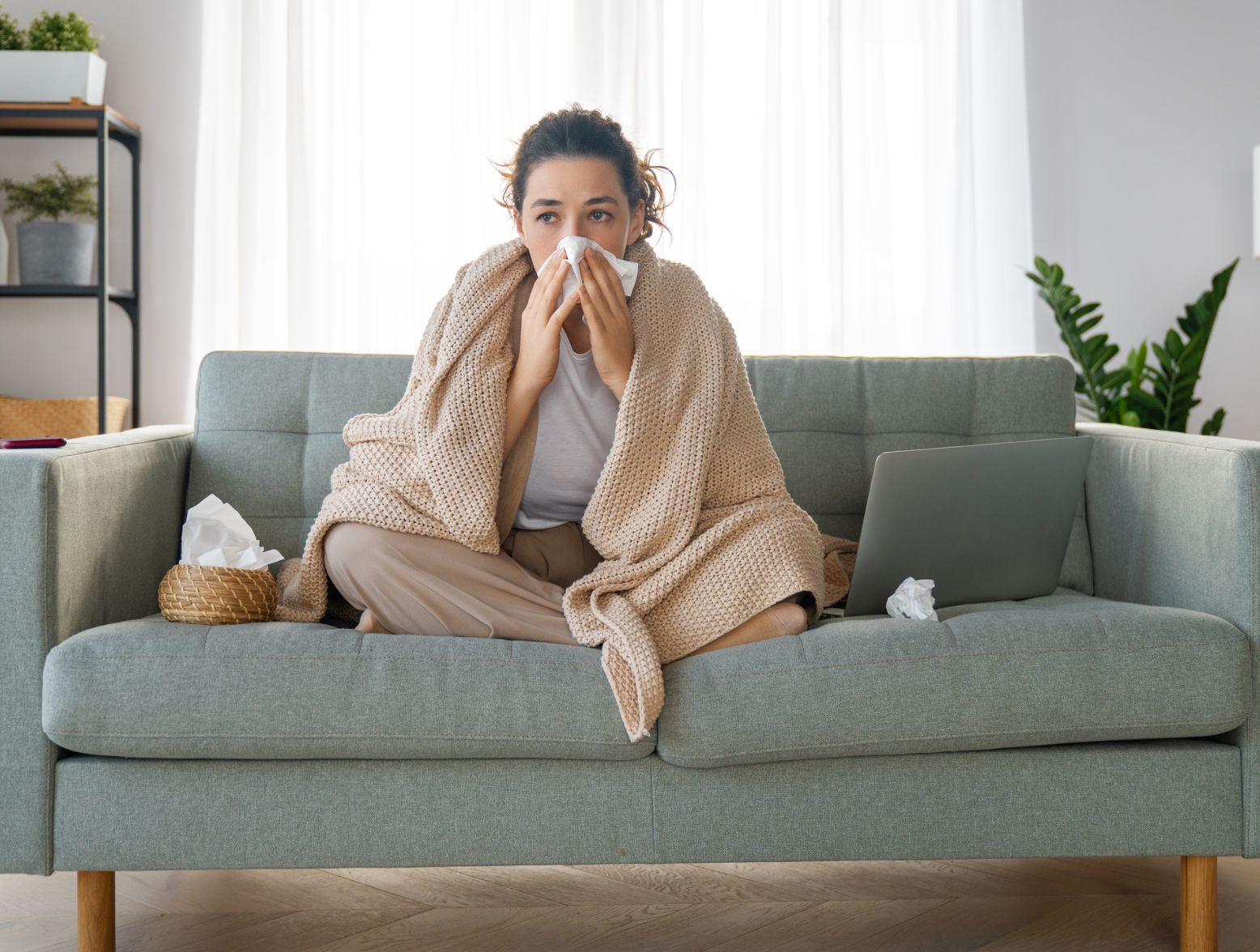When people think of the months when they usually get sick, it’s usually the winter months. But, don’t be fooled. Summer illnesses are a real thing, and sometimes, they can hit harder than the winter ones. So, what are some common illnesses people get in the summer, and how do you avoid them?
Summer vs. Winter
First, let’s talk about the whole summer vs. winter debate. As it turns out, yes, people do tend to get sick in the winter more than the summer. That said, a summer illness can be just as severe as one you’d get in the winter. One reason people tend to get sick more in the winter is because everyone is cooped up indoors. According to Atlantichealth.org, “While this may keep you warm, it also increases your exposure to germs because enclosed spaces offer different circulation and ventilation than being outdoors. If there’s a virus in the air, you have a higher chance of catching it.” In addition, the winter months are colder, obviously, and that coldness could hit your immune response, especially inside your nose.
So, in the winter months, respiratory illnesses like COVID-19 and RSV are much more prominent. Then, in the summer, there are still summer illnesses and viruses out there, but they tend to be different viruses. “Generally speaking, summer and winter colds are caused by different viruses,” Dr. Michael Pichichero, a pediatrician and infectious disease researcher at the Rochester General Hospital Research Institute in New York, told Newsinhealth.nih.gov. “When you talk about summer colds, you’re probably talking about a non-polio enterovirus infection.”
Allergies or a cold?
It’s worth noting that in the summer months, a cold can be mistaken for allergies, and the opposite. “Summer colds can be mistaken for allergies due to prolonged symptoms,” Centracare.adventhealth.com. “Because of the this, we may neglect to rest and properly medicate ourselves.” So, how do you tell if it’s a cold or allergy? There are a few ways you can try to find out. Centracare.adventhealth.com notes that one major difference is that having aches and feeling achy usually means you have a cold, as allergies won’t cause those kind of pains. Also, having a fever is more associated with being sick, as having allergies shouldn’t cause a high temperature. Also, allergies tend to last a long time, whereas a cold should get better sooner. Obviously, check with your doctor if you aren’t feeling well and aren’t sure if it’s a cold or allergies. Now, let’s get into the most common summer illnesses and how to avoid them.








